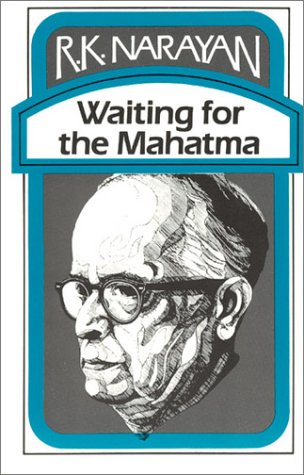
all images by J
Notwithstanding this, J and I do try to explore at least one district that we've never been to each time we visit Tokyo. This year, it was Jimbocho. It's a name I almost feel should be an exclamation. Like "Jimbocho!" or "J-I-M-B-O-C-H-O!"
Especially if you love books.
The first thing you'll notice is that there's nothing fancy about Jimbocho's bookstores. Its dedication is singular - books. And the folks who trawl Jimbocho's shelves do not need any encouragement from cute merchandise or interiors. They are - as I point out to J - true in their love for books.

posters on the wall of a bookstore
Next, you'll find that most of the stores have focused collections. Depending on the store's genre, every possible space is packed with books, magazines or manga. To add, the shelves are meticulously categorised and labelled, and if not, the organisation makes itself obvious, as if in the shopkeeper's own language of association. We had first walked up to a small bookstore on the second-floor focused on the Beat Generation, before stumbling upon a street of shops collecting all printed material related to the cinema and popular culture.
 According to the entry by Yoshita Haba in Claska's Tokyo by Tokyo, "the stock on the shelves changes depending on the time of the year, so it's best to make regular visits - bookshelves are like living, constantly changing creatures."
According to the entry by Yoshita Haba in Claska's Tokyo by Tokyo, "the stock on the shelves changes depending on the time of the year, so it's best to make regular visits - bookshelves are like living, constantly changing creatures."After all this, you'd walk around wishing you understood some of the Japanese language so that you could access more of these creatures.
But with no Japanese, the book that accompanied J and I (we took turns reading/re-reading) throughout our stay instead was Narayan's novel Waiting for the Mahatma.
 Probably one of the few Narayan stories that dealt with an overtly political context, Waiting for the Mahatma takes Siriam, a characteristically carefree Malguldi resident, and puts him through a coming-of-age experience that is not so much political awakening as an extended schoolboy crush. Guided only by love for Bharati, Siriam finds himself a participant in Gandhi's spiritual reconciliation of India and Chandra Bose's militant independence movement, while the rather benign colonial representatives look on and the Hindu-Muslim conflicts place questions on the nature of India's independence.
Probably one of the few Narayan stories that dealt with an overtly political context, Waiting for the Mahatma takes Siriam, a characteristically carefree Malguldi resident, and puts him through a coming-of-age experience that is not so much political awakening as an extended schoolboy crush. Guided only by love for Bharati, Siriam finds himself a participant in Gandhi's spiritual reconciliation of India and Chandra Bose's militant independence movement, while the rather benign colonial representatives look on and the Hindu-Muslim conflicts place questions on the nature of India's independence. Waiting is a somewhat atypical of Narayan's Malgudi novels in the tragic undercurrents of its comedy. As if once outside Malgudi, Narayan's fictional paradise, the realities of India cannot but unsettle Narayan. With its last chapter set in New Delhi, Waiting as a love story cannot find its consummation. The title's anticipation therefore gestures at this always-tentative (political) romance.
It is a strange novel to read during a vacation in consumerist 21st century Tokyo. But returning to this wonderful novel and discovering a new district in Tokyo has been two of my best experiences in the last week.
Comments
The novel sounds interesting too, have been wanting to access more of postcolonial Indian history through fiction.